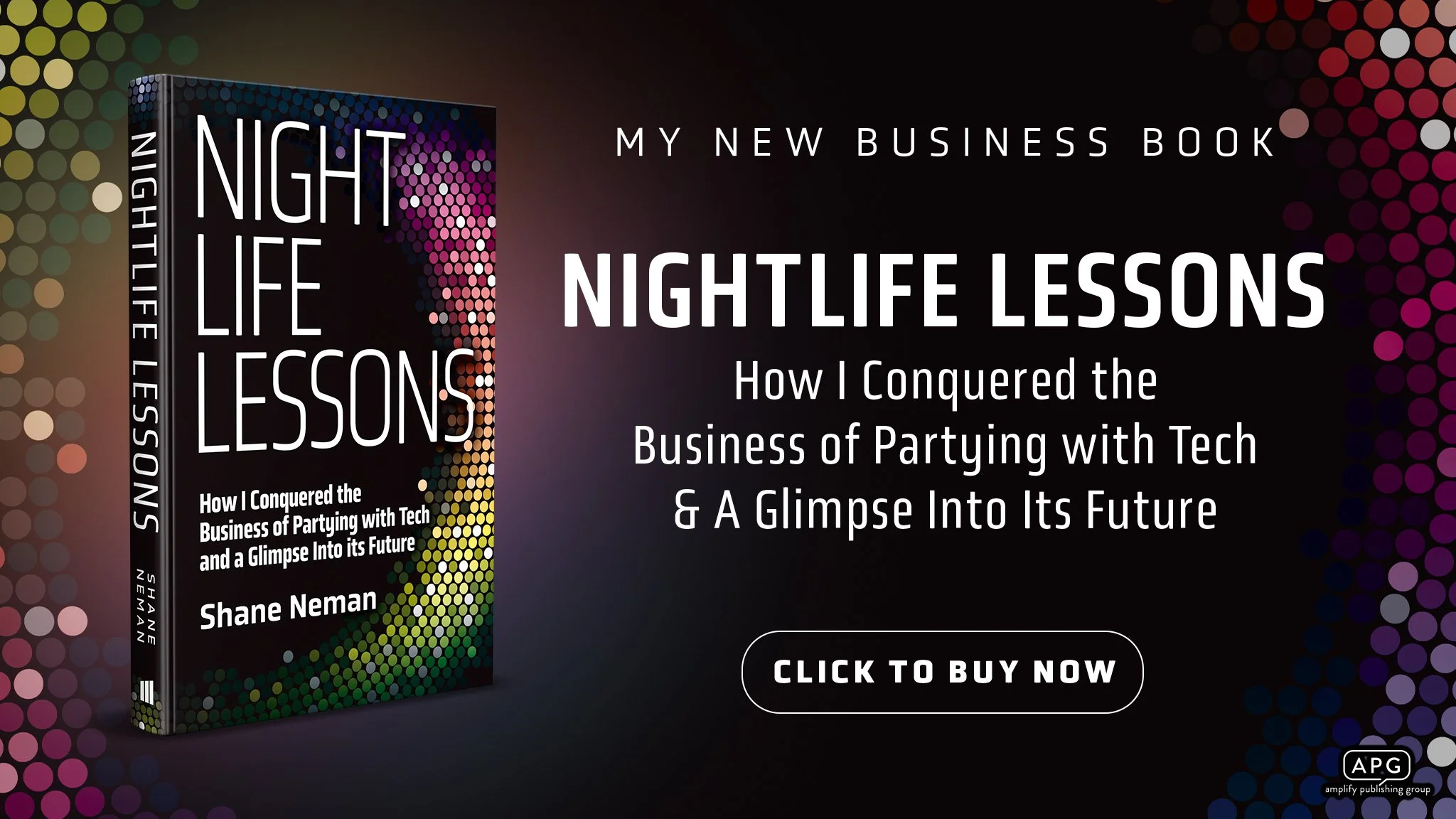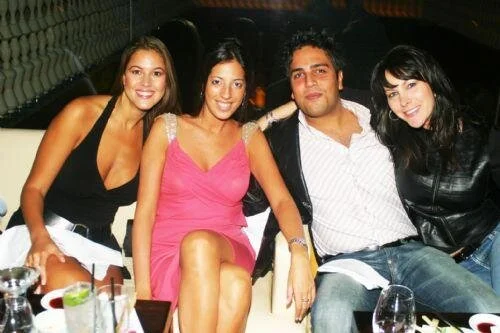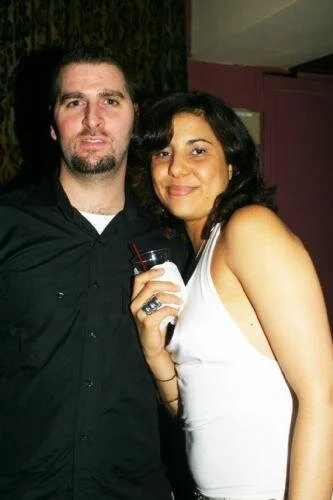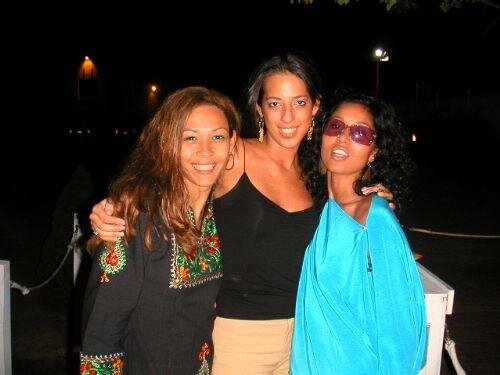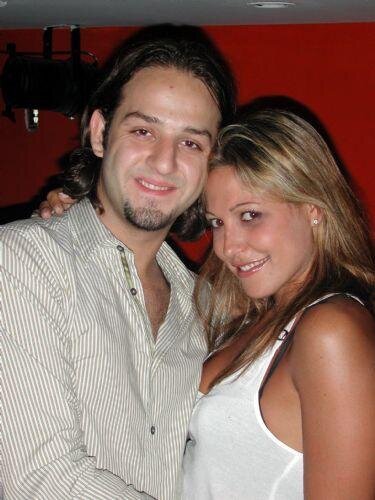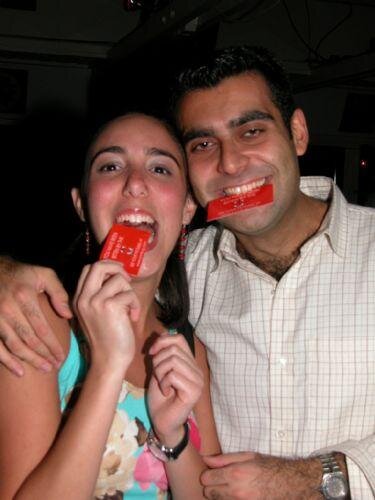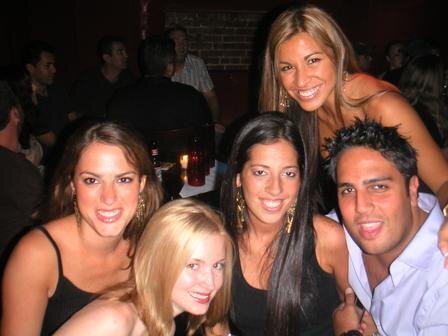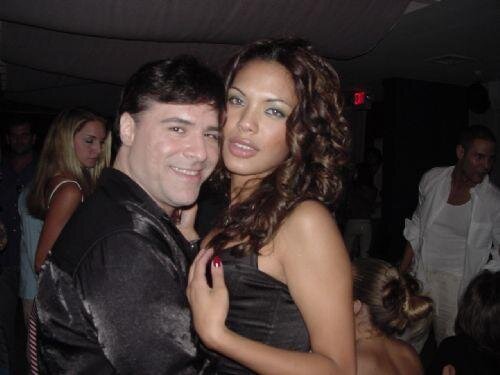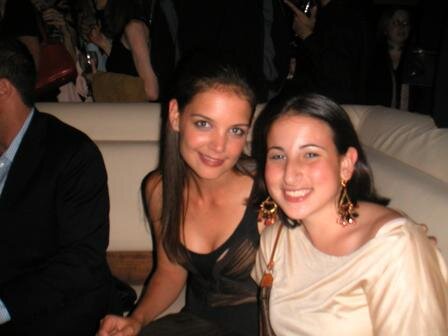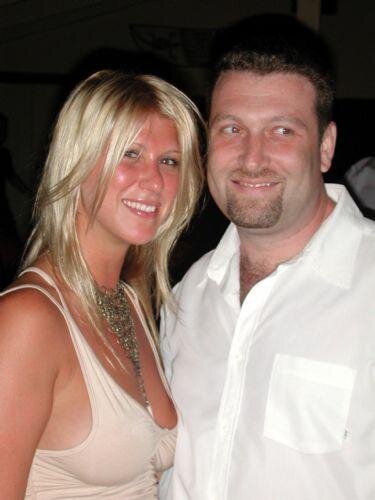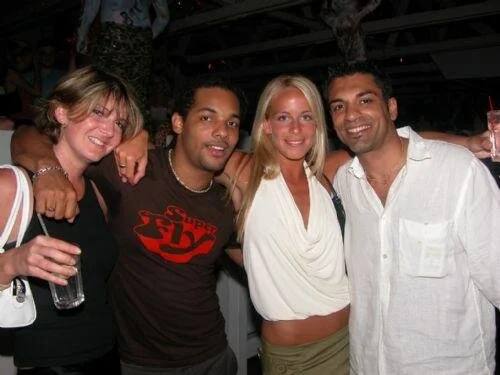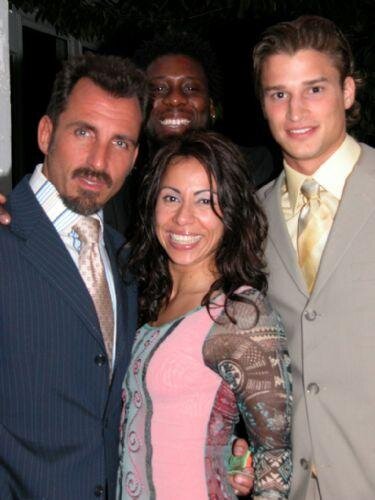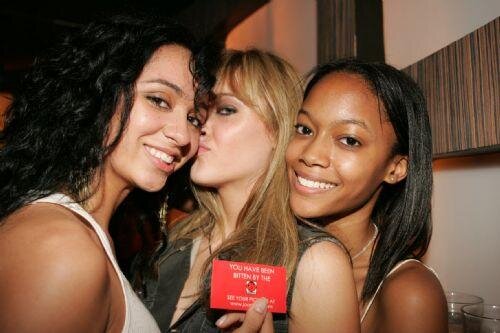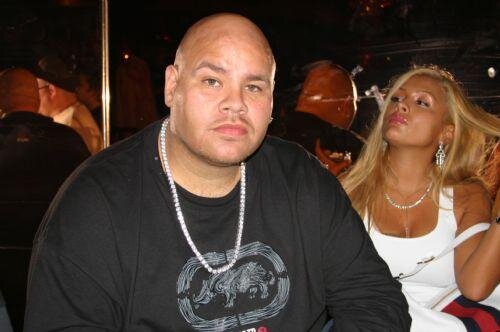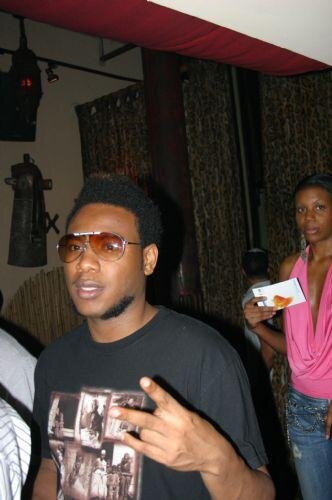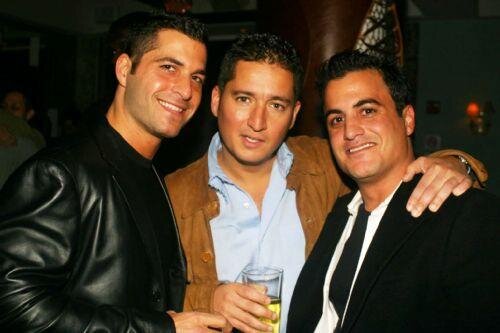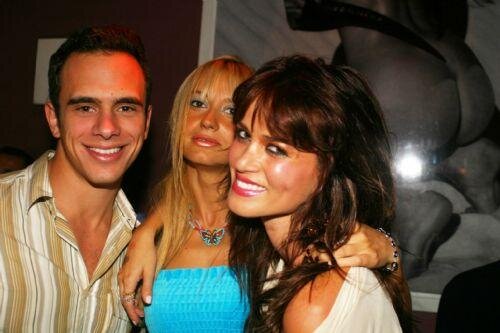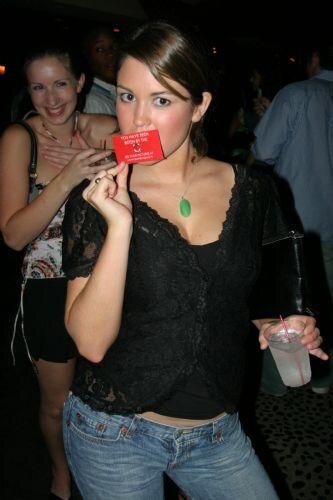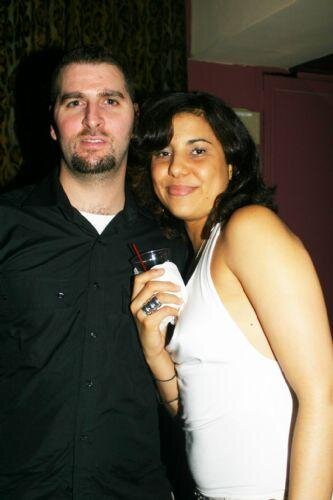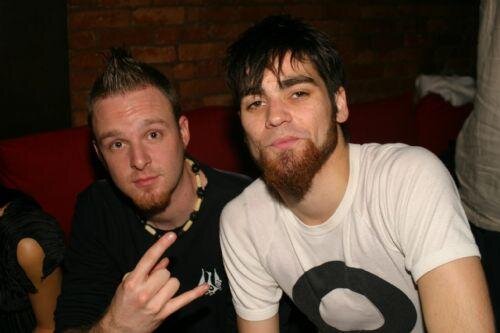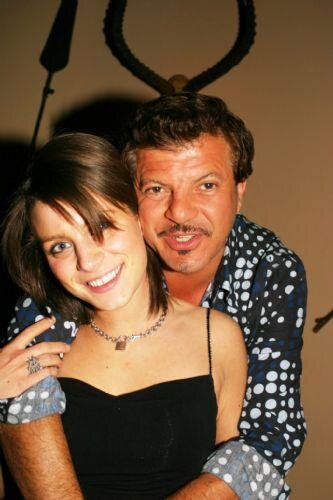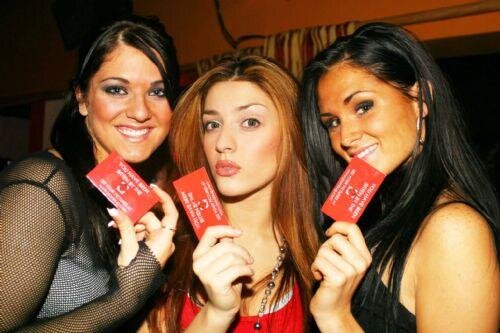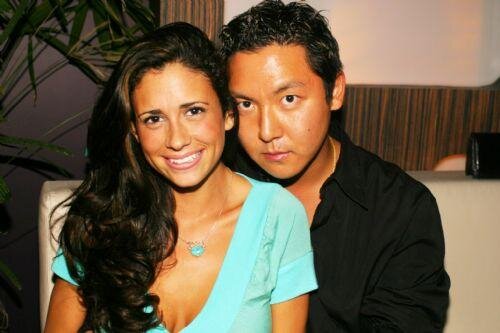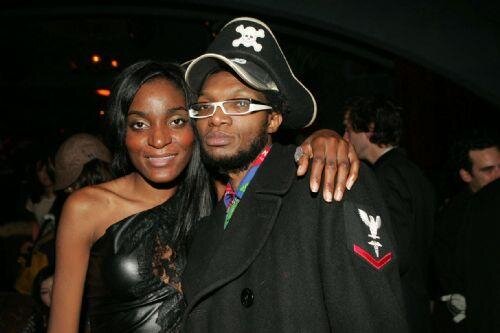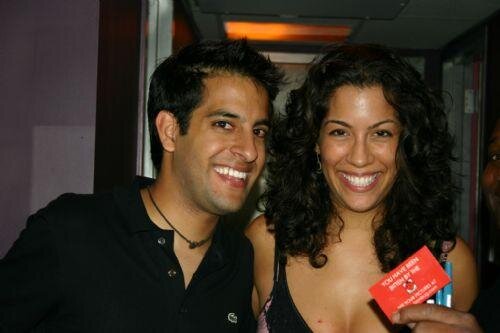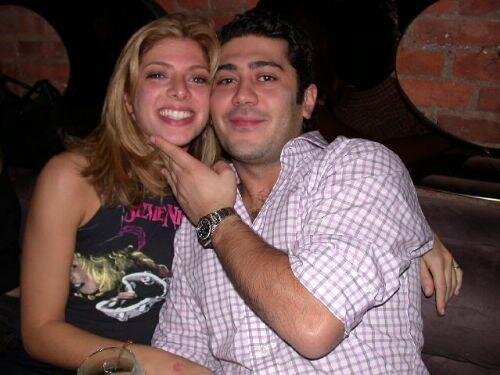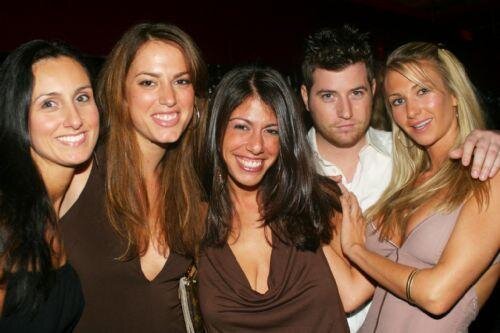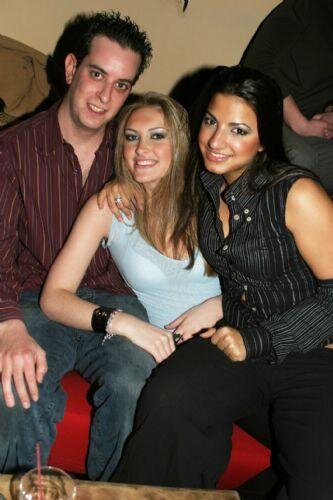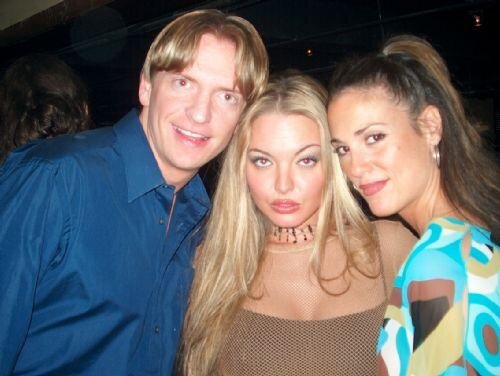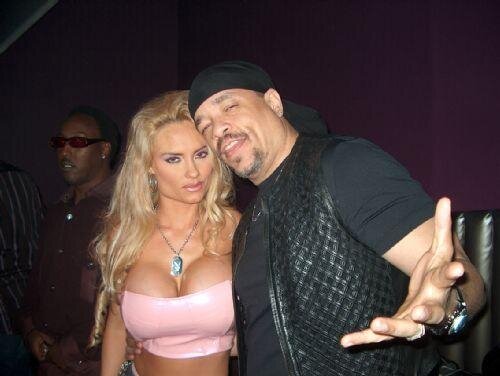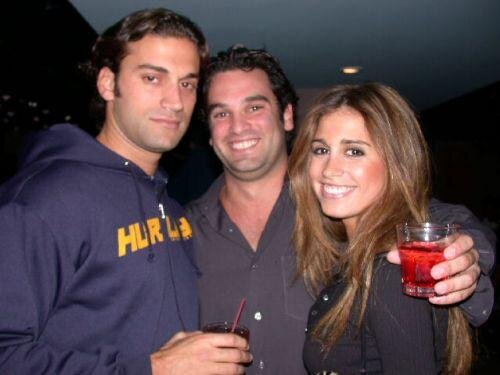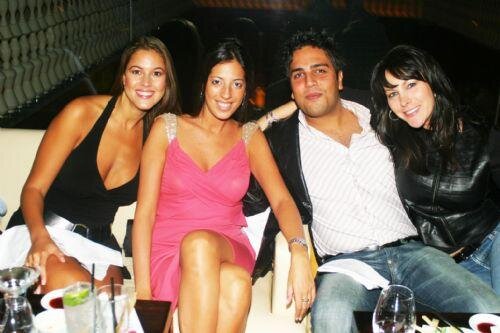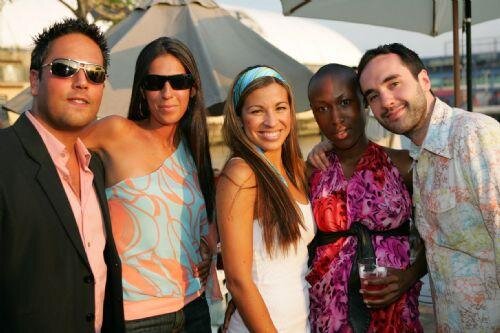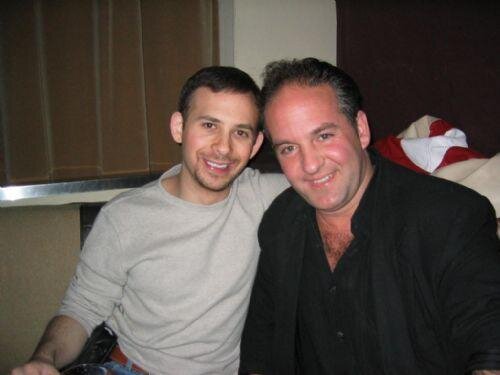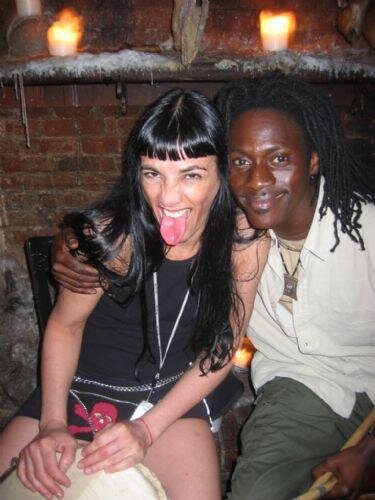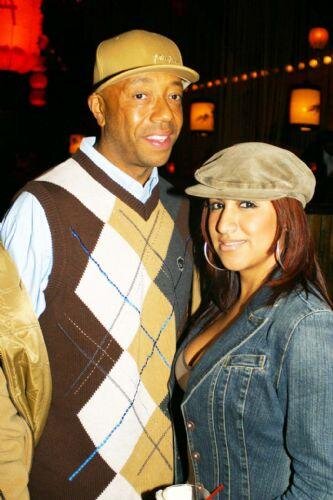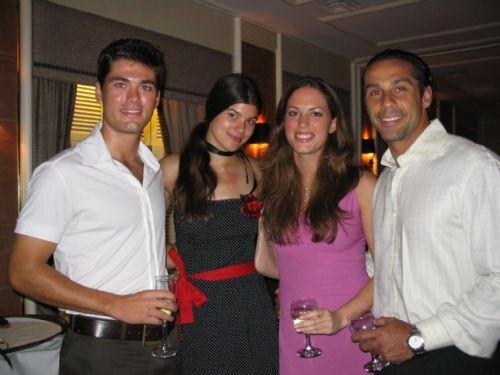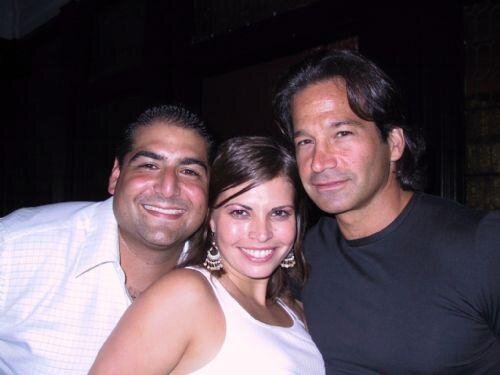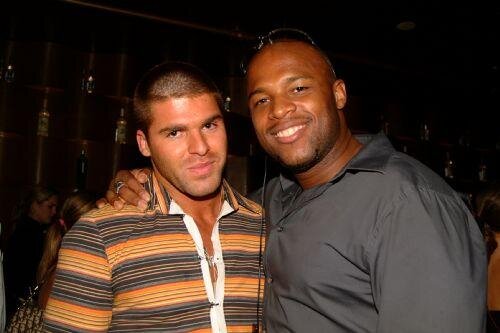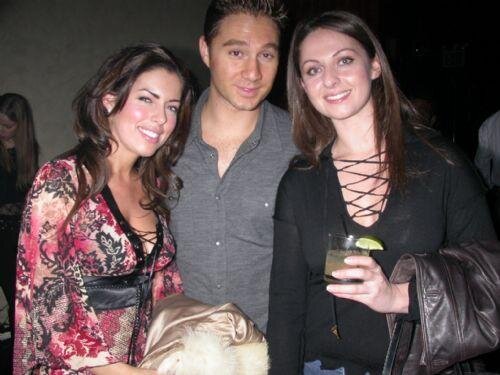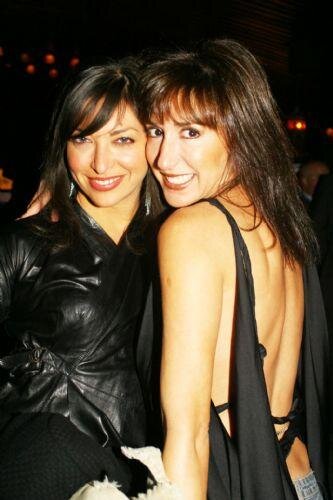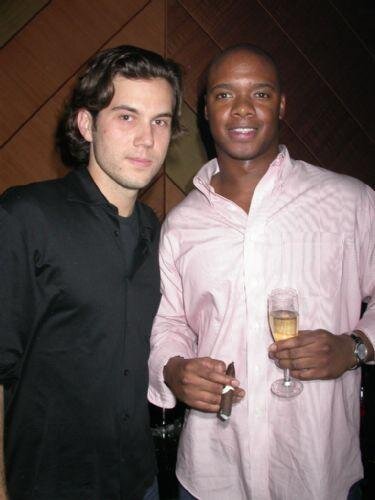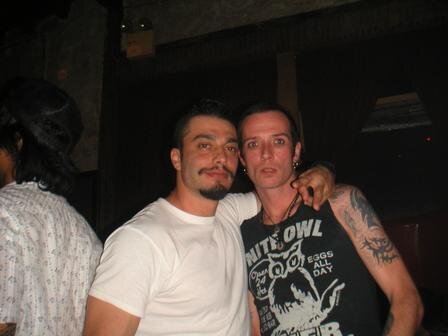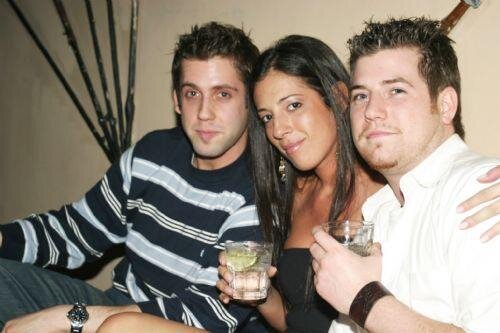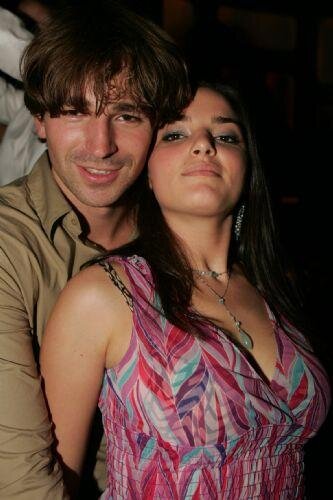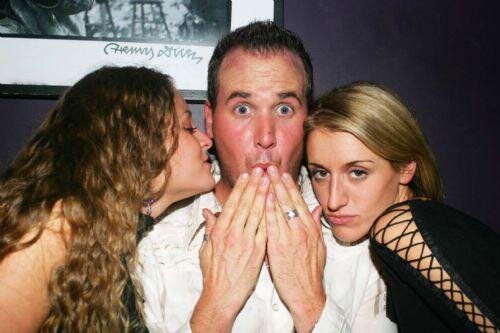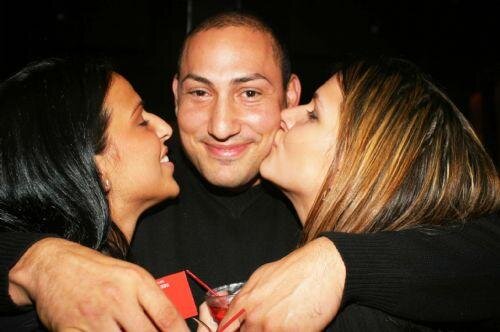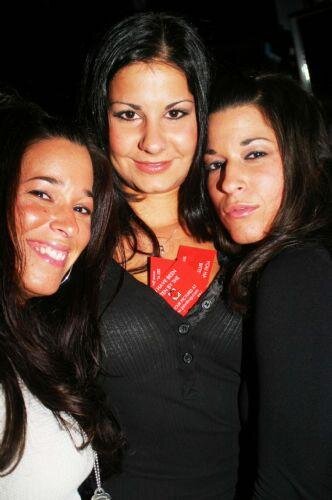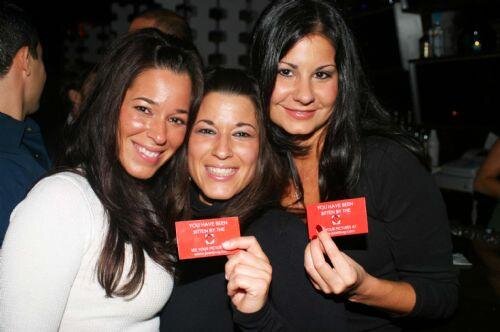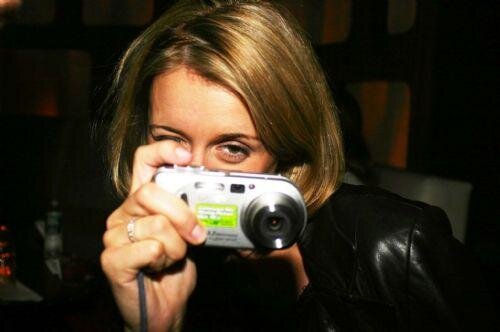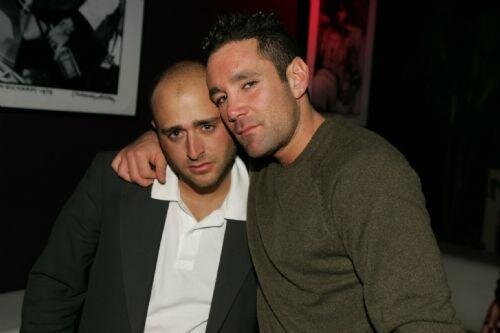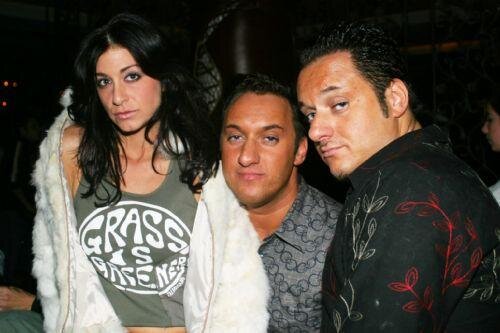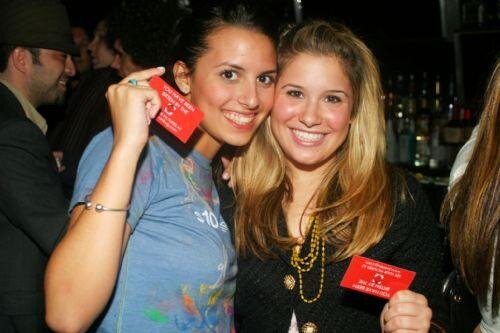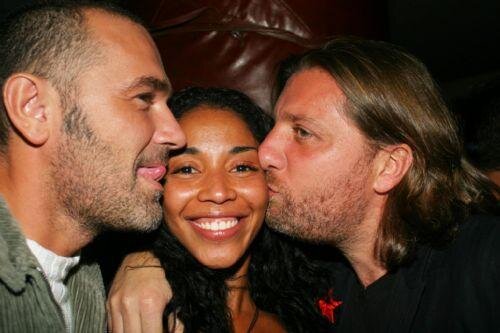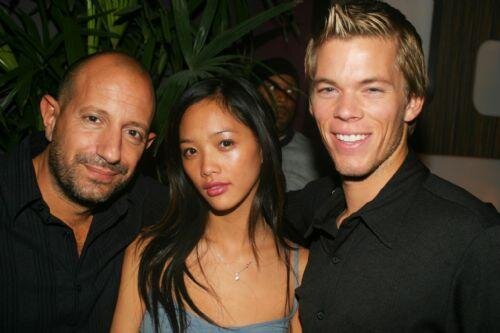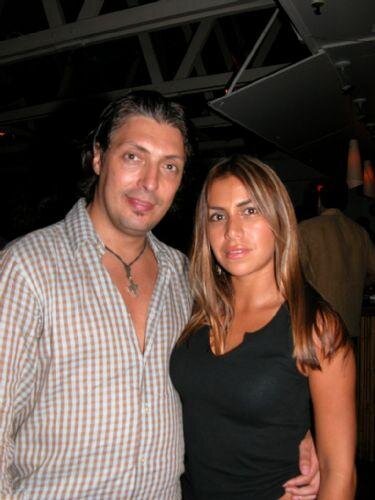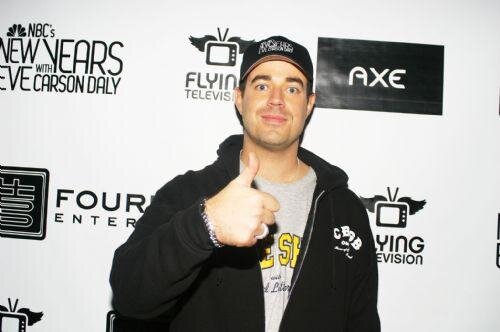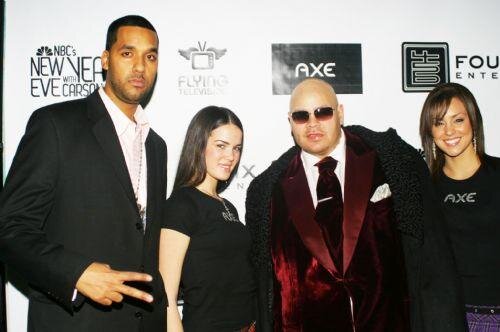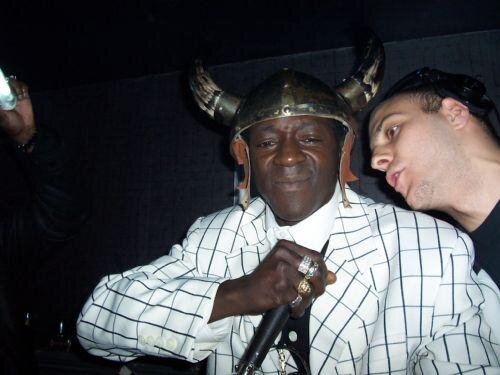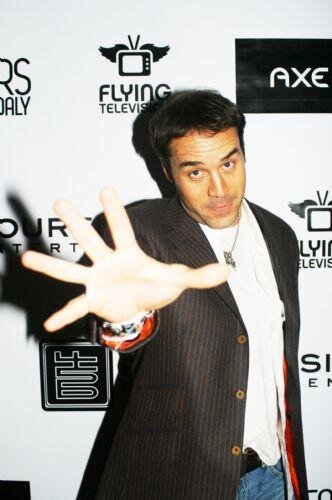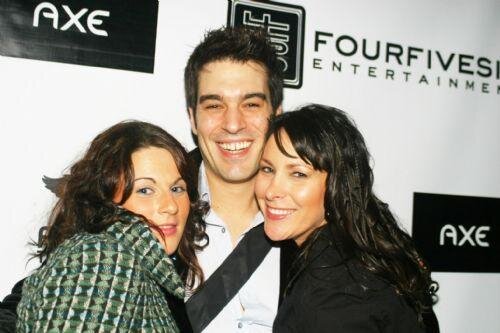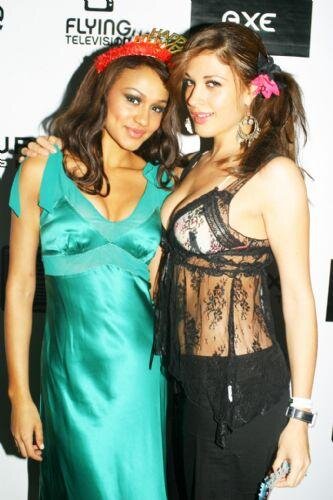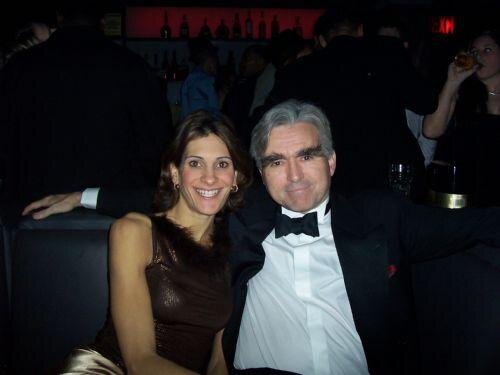The experience of building JoonBug from the ground up during my days as a nightlife impresario and before the days of EventBrite and social media provided valuable tools and lessons that have come in handy in all areas of my life.
It’s not that some of the best ideas don’t happen over a few drinks at 2am. Sometimes they do. But what’s unique is the experiences that happen in the places and with the people that associate with the 2am timeframe that produce the best ideas. Nightlife (a place shrouded in mystery) often propels some of the more interesting characters in entrepreneurship into not only stardom but great wealth. Though it’s not necessarily nightlife where that stardom and wealth happens; Sometimes nightlife is just the stepping stone. For me many of my greatest life and business lessons spawned from my experiences in nightlife.
Let’s go back to just around September 11, 2001; a time when many New Yorkers and Americans were not only recovering from a national tragedy, but where businesses and workers were also struggling. The tech bubble had burst and I was out of work after a failed tech startup I had founded went bust.
Because I didn’t have a job late nights became commonplace. As I sat in club after club, night after night, I noticed that many of the things that the club owners and promoters were doing to attract crowds were not evolving and sometimes even backwards. They were printing flyers and having them mailed or handed out outside of clubs when people left. They were employing people for the sole purpose of cold-calling invite lists of random names they had gathered by having list girls go around and write down people’s phone numbers in the club. It was all a very archaic system of marketing and I couldn’t imagine the retention/success rate was high. I also realized that there was no place to go online and find out which club was good for what kind of party on a specific night in NYC. With the help of Ariana (Gordon) Stecker (who worked the door at hotspots such as Au Bar and Plaid while she was attending FIT), I decided that modernizing club promotions was going to be my next business.
To make that dream a reality we threw a Halloween party in Sutton Place at an underutilized and unknown event space and restaurant called Guastavinos. We sold tickets, took pictures, made cool invites, wrangled liquor sponsors for booze, and built up a nice buzz. This is pre-social media, pre-smart phones, pre-mobile internet. To get into the party you had to go to the website (at your home, office, or cyber cafe!) and put in your unique code (we passed out special credit card invites with a unique code on each of them) to be able to buy tickets. Even PayPal at that time was very new and nobody was used to doing things like this or accepting credit cards for nightlife event tickets. By the night of the party we had sold about 3000 tickets at $50 a piece and had one of NYC’s most legendary parties. We netted around $200,000 from that one party and decided we can do this same thing for other promoters and club owners all over the city.
Thus, JoonBug.com was born; a central online place for parties, pictures, people, and info related to the club scene of NYC. The business had multiple revenue streams coming from photos sales, data gathering/selling, advertising, sponsorships, tickets sales (for others and our own events), and even a dating app. While the rest of the nightlife world was focused on bottles and models, we were focused on data and tech. When I walked into a party I didn’t see 1000 people in a club - I saw 1000 people as part of a larger network of millions that could be monetized digitally. We didn’t care how much you spent on a vodka soda or bottle of Grey Goose because all we wanted to make sure was that you connected with us (by giving us your data) so we can make sure you returned for the next party. If you were invited to Butter on a Monday night by a promoter you were only spending money with the owners of Butter. But if you were part of the JoonBug database it means we could invite you to special events at Butter, Marquee, Tenjune, Pacha and everywhere else. I wasn’t sitting in the back of a club at a table with 7 models and red bull. Instead, I was hustling around from club to club until 4 am and then going into the office by 9 am to make sure the photos from the previous night were uploaded on time and my employees were at work. While the club owners had the monopoly on the celebrities, high rollers, athletes, models, media, and VIPS - we controlled the masses!
After the first party we had amassed a database of 15,000 young urban professionals who went out regularly in NYC and had a ton of disposable income; arguably one of the most elusive demos for brands and advertisers (and that’s why brands like Johnnie Walker and Mercedes loved us). Our database grew over the next 5 years to over 1M subscribers.
As our website traffic exploded, we started to sell hard copy prints of the digital photos to party goers and we employed over 100 photographers around the city while expanding into other cities like Miami and LA. All this was way before Snapfish or camera phones existed and when digital cameras cost thousands of dollars to buy.
The data and technology allowed us to market an email newsletter that gave everyone the info on where the next weeks’ parties were going to be. Club owners and promoters were paying us to be included in the newsletter. Corporate sponsors like Mercedes, Johnnie Walker, American Express, and many other luxury brands lined up for our audience. They were also sponsoring and putting ads on our website. At this time there was no such thing as Constant Contact or Mailchimp, so our email newsletter was the only game in town. Everyone else was still writing down names on sheets of paper.
We also built the first digital ticketing system (a decade before EventBrite) that we allowed the venues to use to scan tickets that were printed and emailed to customers. We were selling tens of millions of dollars in high priced tickets all over our JoonBug.com selected cities. By the time I sold the company, we were doing hundreds of events in NYC alone from Capitale, Marquee and Cain, to family venues like Dave & Busters in Times Square.
Working in nightlife gave me the perspective that anything is possible. Why own the club when you can own the data and tech that can run and market every club? From persistence to finance, personality, creativity, loyalty and more, nightlife gave me the building blocks to successfully segue into all my next business ventures.
Here are 12 takeaways the nightlife industry taught me:
You’re Only As Good As You’re Last Party:
No one cares what you did before; they only care about what you are doing now. You have to always be on your A-Game. It doesn’t matter if you made magic in 2012, if 2013-2020 has been a bust you’ll be forgotten; especially in today’s short-term memory - social media focused - “everyone gets a trophy” world. Making sure that you are always putting out a quality product and consistently representing yourself positively will fuel your stamina (especially on the social circuit). The same is true in business. It’s great if you started a thriving business and sold it for a ton of cash, but if you can’t make that magic happen again, you will quickly fade.
It Doesn’t Matter What You Look Like:
It’s all about your attitude. Most nightlife industry people don’t look like Brad Pitt but that absolutely doesn’t matter. Instead, they have sparkling personalities and they know how to flatter and impress people that can help them or want their help. Some people want to go out and have a good time. Some people want to go out and try to be famous. Others want to go out but not be seen. The nightlife industry can open doors to that world and the people who work in it don’t all look like Fabio. Having charisma, paying attention to detail, and making people feel like a million bucks is what makes a nightlife king. Figure that out and everyone will swipe their cards $$$.
Persistence beats resistance.
It’s hard to not be distraught when you are first starting out and you’re unknown,. You are calling, emailing and texting people to come to your event/venue not knowing if anyone will actually show up. No one is giving you the respect you want. And like I said, you are only as good as the last event. So if you are just starting out then you don’t even have a last event to be judged by! Every promoter/club owner I know has gone through major periods of failure. There’s nothing like renting out a place or planning a big bash and then no one shows up. It’s emotionally defeating and can be financially disastrous. People who have the emotional fortitude to withstand the failure and rejection by still moving forward and having a “it doesn’t matter, I don't care what people think” mentality will obviously go farther in all aspects of life/business than those who dwell.
You’re not selling someone a diamond, you are selling someone a feeling.
It doesn’t matter if the club is a shithole in chinatown (some of the best clubs in history have been dumps in chinatown) because it’s never about what’s in the club or what the place looks like. It’s ONLY about the feeling you have when you walk into the venue. Is it exclusive? Do you love the music? Do you love the ambiance? Are you treated like a VIP? Is it a place you’d want to put on your social media? In nightlife you are selling a feeling and not an actual product.
PS: Have you ever been in a club with the lights on? It’s not pretty. The same goes with your business. It doesn’t matter how big you are, how many people work for you or how much money you spent on your office space. What matters is your work ethic, the company you keep, the logistics and systems which make it work, and ultimately the results you get.
Exclusivity doesn’t always pay the bills:
While you might want to start with exclusivity, it doesn’t pay the bills and won’t make you rich. While it might feel awesome to be the coolest and most exclusive place in town, the only way to make money is to grow and expand. If you are too exclusive you have to turn down large crowds, big brands, and everything else that comes with making big money. If you look at some of the more successful nightlife entrepreneurs like Noah Tepperberg and Jason Strauss with Tao Group, Scott Sartiano (formerly) and Richie Akiva with Butter Group (1Oak) and Eugene Remm and Mark Birnbaum with EMM Group (Catch); they went from having tough doors at places you can’t get into, to building some of the most successful big business locations in the food & beverage sector. The reality is you can’t have 1000s of exclusive people who are too cool to pay. Someone’s gotta pay for you to get paid. Yes celebrities, models, athletes and VIP’s can get comped; that’s product placement at it’s best, where you strategically give free product to people and it makes your brand look cooler. But you then need 1000s of other people to pay to become ultra-successful.
People who are haters will always love you for the right price.
Money buys happiness and money talks. The cool club owners/promoters might have hated JoonBug and thought we weren’t “the cool crowd” or didn’t have the right look, but we could populate their clubs with 500-1000 people in minutes. Then all of a sudden those same guys that hated us became our best friends when they saw the lines out the door and the money rolling in at 11pm - especially on New Year’s Eve and Halloween when their typical exclusive cool crowd wasn’t showing up or paying for that matter.
Find a niche and make a ton of money.
You don’t need to reinvent the wheel. There are Urban, Asian, Indian, Korean, Latin and Jewish promoters that just focus on their niche. They pull thousands of people who want to be in the same demographic. These promoters may never be famous in the masses but make a ton of money because they are still making a product that the masses want and serving their niche. In business you make a lot of money by providing a specific service to a certain customer. There’s no need to divert or expand into something else if what you are doing is working really well - just stick to your niche.
Fake it Until You Make It:
Along the lines of persistence beats resistance - try to fake it until you make it. You’re going to have to bullshit people and pretend like you are bigger/better than you are so people actually pay attention to you. In nightlife, the way that a lot of people do that is by becoming a sub promoter under a bigger and more well known promoter. They leverage the venue or head promoters name to build credibility. It’s a microcosm of exactly how the real world works. Think about it; if you got a resume from someone that works at Google, wouldn’t you call them in? It’s no different in the nightlife world. If you work for the biggest promoters or the hottest club, other places are going to want to steal you and partygoers will want to come to your events.
Someone else’s trash can be your treasure.
You can take a hole in the wall and make it into the hottest spot in town. Guastavino’s was an empty and unknown giant venue in a part of town that nobody wanted to go out in. But it was a large, beautiful venue and just needed a little push to become discovered. We wanted to throw a Halloween party there so we figured out the right way to market it with good PR and invites and ended up with one of the most successful Halloween parties of the year. It instantly became a hotspot venue that everyone wanted to host parties at and led us to hosting a regular Saturday night there with thousands of patrons showing up every week for almost three years.
For some people the party never stops, but maybe it should.
I got out of the nightlife scene when it just became taxing on my life. The constant hustle and long hours became unbearable. Sometimes we had to wait until 5am to collect our money. But I know plenty of people who are still in the game 20 or 30 years later. If you can believe it, there are some old school promoters well into their 50s and 60s who are still doing what they love: going out, partying, recruiting crowds. I suspect they still do it because that's all they have ever known and now its the only way they can sustain themselves, but perhaps it’s best to recognize when the party’s about to end and move on to the next chapter before the party is actually over.
Whatever can go wrong will go wrong:
It’s Murphy’s Law. Whenever you are doing an event, anything that can go wrong, will go wrong. Be comfortable with being uncomfortable, as most of the time you are the only person who is aware that something is amiss anyway. If everyone sees you panicking they will start to panic too! You have to remain calm and in charge whether the police show up, the fire department shows up, the DJ doesn’t show up, or the electricity goes out. You never know what will happen but be confident you can figure things out and it will all be OK.
If there’s a way to get screwed over then you will get screwed over.
You may have a contract in place but that doesn’t mean the terms are always honored. There are so many times where we were supposed to get paid and an intimidating bouncer would be sent to us by an owner and say: “It’s not happening. Go home.” Anywhere from $5000 to $10,000 on a random event could be lost which over the course of a year, could be over $100,000 lost just by getting screwed over. That was simply the cost of doing business. In retail they chalk that up as theft loss. Restaurants and grocery stores call it spoilage. It’s going to happen, you will inevitably and always get screwed. The trick is to minimize it by learning from each getting screwed experience so you get a little less screwed the next time!
Big thanks to Ariana (Gordon) Stecker for digging up these photo gems from approximately 15-20 years ago from all the various JoonBug events we had. Enjoy the throwback!
Honorable Photo Mentions: Fat Joe, Flavor Flav, Katie Holmes, Carson Daly, Scott Sartiano, Mike Diamond, Scott Weiland, Seth Greenberg, Richie Romero, Russel Simmons, Lori Levine, Erik Von Brook, Jason Strauss, Tony Theodore, Russian Rob Vinokur, George Whipple, Wass Stevens, Surj Walia, Ice-T & Coco.
Follow me on Social Media:


